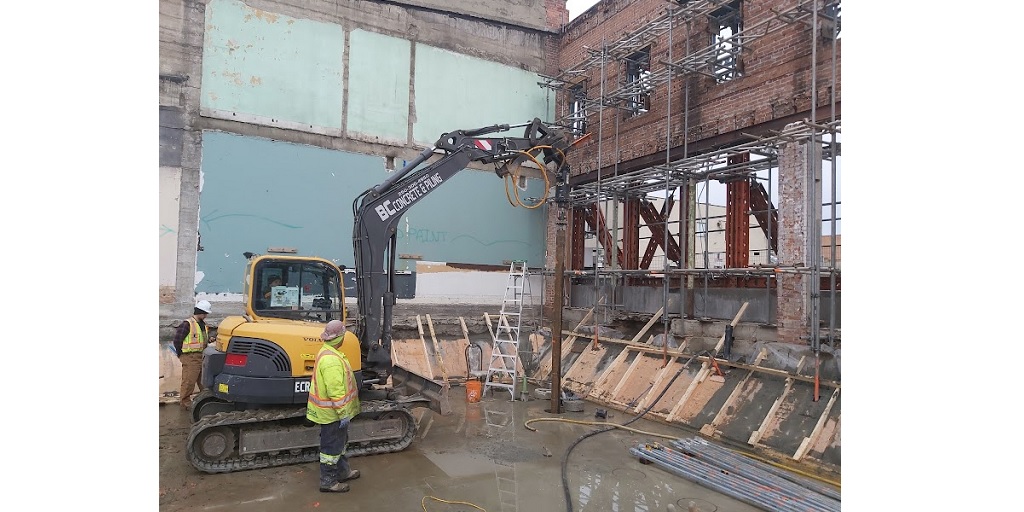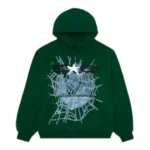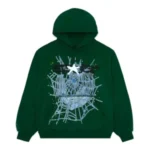When it comes to constructing floor structures in challenging environments, stability and durability are essential. Whether it’s building on soft soil or an area prone to seasonal changes, helical piles provide a dependable foundation solution that has grown in popularity.
Why Choose Helical Piles for Floor Structures?
Helical piles offer a unique solution for creating sturdy and resilient floor structures, especially on sites with unstable soil or environmental factors that may affect traditional foundations. Engineered with helical blades, these piles are drilled into the ground, creating a secure anchoring system that can hold heavy loads and resist shifts due to soil movement. Helical piles are not only ideal for large buildings but are also becoming a preferred choice for floors in homes, commercial spaces, and industrial structures.
One of the significant advantages of using helical piles is their adaptability to different soil types. For property owners and developers aiming for long-lasting and robust floor structures, the versatility of helical piles provides peace of mind, reducing the likelihood of future structural issues that can arise from unstable soil.
Simplified Installation and Less Environmental Impact
Compared to traditional foundation options, helical piles offer a streamlined installation process that is quicker and less invasive. Helical piles are installed using specialized machinery that rotates them into the ground with minimal soil disruption. This method minimizes excavation needs, preserving the natural landscape and reducing the environmental impact of construction.
For building projects with tight timelines, helical piles also present a significant advantage as they can be installed efficiently in various weather conditions. In contrast, traditional concrete foundations often require specific temperature and moisture conditions for successful curing, which can delay construction projects during colder months. Helical piles eliminate such limitations, making them a year-round solution for building sturdy floor structures.
Strong Support for Long-Lasting Floor Structures
The strength and load-bearing capacity of helical piles make them a reliable choice for floor structures, providing stability even under heavy loads or environmental pressures. Unlike traditional foundations that may settle or crack over time, helical piles are specifically designed to resist downward forces and lateral shifts. This stability is essential for floor structures, as it reduces the risk of uneven settling that can lead to costly repairs or safety concerns down the road.
Helical piles also allow for flexibility in design, accommodating various types of floor structures. Whether constructing an open-plan floor layout or a segmented floor with walls and partitions, helical piles provide a solid base that can handle different load requirements. The durability of helical piles supports a variety of construction materials, allowing architects and engineers to create custom floor designs without compromising structural integrity.
Cost-Effectiveness and Lower Maintenance
Another compelling reason to choose helical piles for floor structures is their cost-effectiveness over time. While the initial installation cost may vary depending on the soil conditions and depth requirements, helical piles generally require less maintenance than traditional foundations. Because helical piles are resistant to corrosion and rust, they maintain their integrity over time, reducing the need for costly maintenance or replacement.
The installation of helical piles also minimizes the potential for shifting and settling, which can lead to cracks in the floor structure. By investing in helical piles upfront, property owners can save on repair costs and enjoy a stable, low-maintenance foundation for years. This cost-effectiveness, combined with durability, makes helical piles an attractive option for developers and homeowners alike.
For more information about Industrial Drilling British Columbia and Drilling Service Bc please visit:- ATLAS PILING






